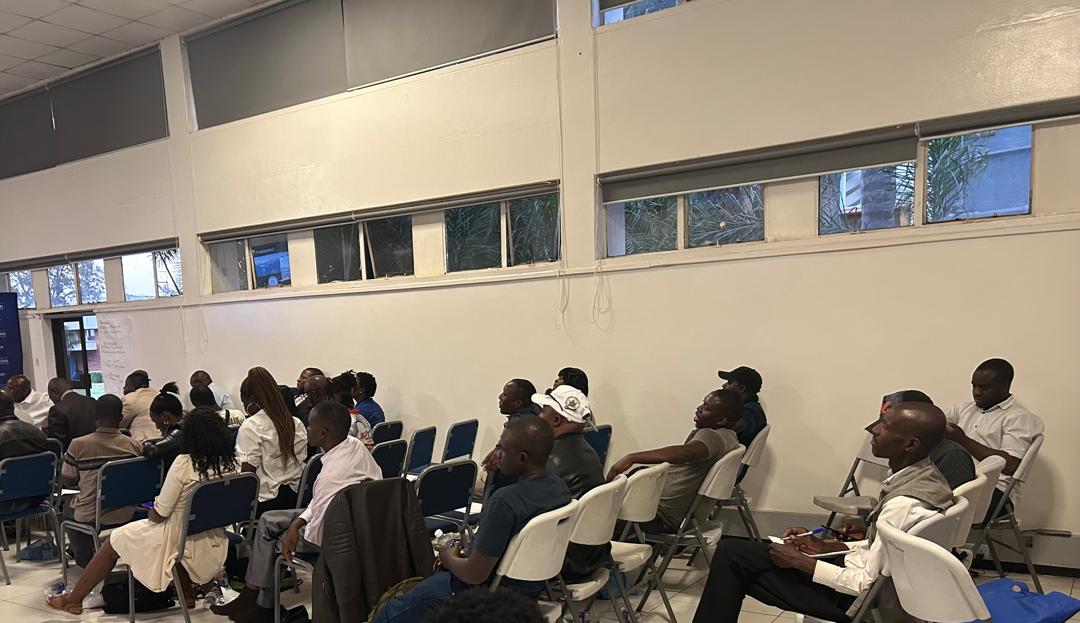Amplifying the Voices That Mainstream Coverage Misses
By Melissa Makoni
In Zimbabwe’s fraught media landscape, the LGBTQI ommunity has long been relegated to the margins of public discourse.
Too often, mainstream outlets have either ignored these voices or spotlighted them only in moments of controversy, conflict, or tragedy.
The stories told have frequently lacked depth, dignity, and context-fueled by editorial caution or shaped by economic and political pressures.
These depictions flatten identity into stereotype and pain into spectacle.
This is the backdrop against which independent media has emerged not just as a player, but as a challenger of norms.
Freed from commercial constraints and political appeasement, independent platforms have demonstrated a unique willingness to engage with the lived realities of key populations-including gender nonconforming individuals, trans creatives, and queer activists-with honesty and humanity.
These outlets are not driven by trends but by purpose.
Where mainstream journalism may skirt complexity for palatability, independent editors lean into the richness of unfiltered stories.
Their focus isn’t just to document visibility, but to nurture it-to portray joy, art, resistance, and everyday life as equally valid expressions of identity. This intentional storytelling doesn’t just reflect change; it facilitates it.
When a community member authors their own experience, the result is far more than a headline-it’s a reframing of public consciousness.
Yet independence is not without risk. Limited resources, digital hate speech, and societal backlash pose tangible threats.
Still, the editorial courage demonstrated by these outlets is reshaping not only the narratives but the power dynamics of media itself.
They offer a blueprint for inclusive journalism, proving that small platforms can carry outsized social influence when they prioritize ethical integrity over sensationalism.
Mainstream media must not simply observe this transformation; it must emulate it. Editorial desks should engage in introspection: Who have we left out? Who have we misrepresented? What have we chosen not to understand? By adopting the ethos of independent media-curiosity over judgment, nuance over generalization-they can begin to restore trust among key populations and redefine what responsibility in journalism looks like.
Importantly, this shift didn’t happen in isolation. It was catalyzed by sustained media engagements and capacity-building initiatives spearheaded by freelance journalistds.
The creation of a robust Reporting Guide stands as a landmark achievement in this journey-a tool that equips journalists not only with terminology and ethical standards but with a deeper understanding of how to report on LGBTI issues responsibly and empathetically.

